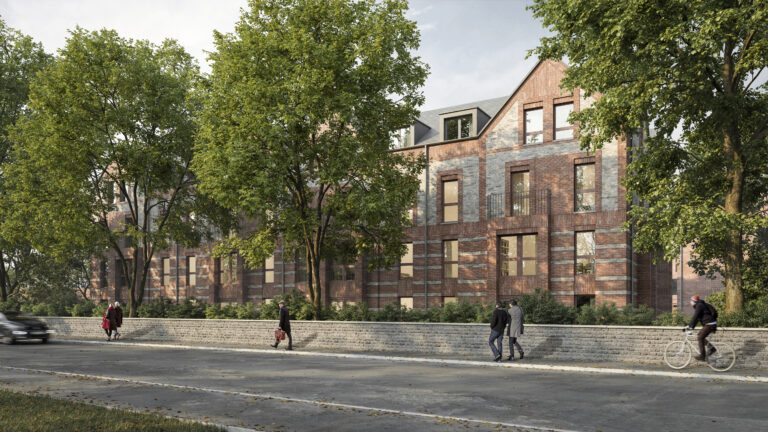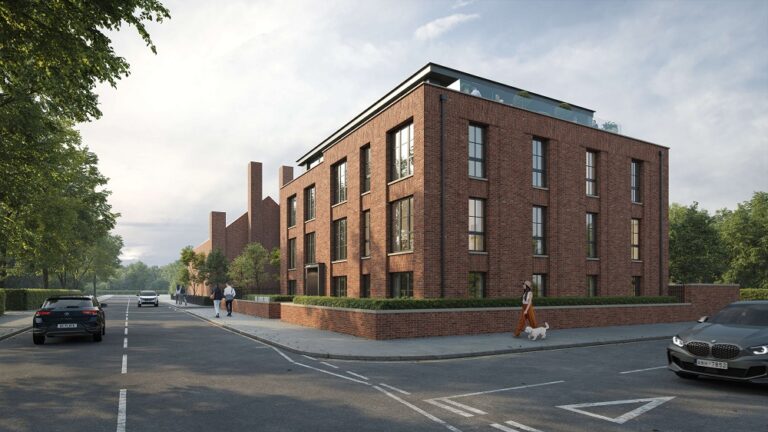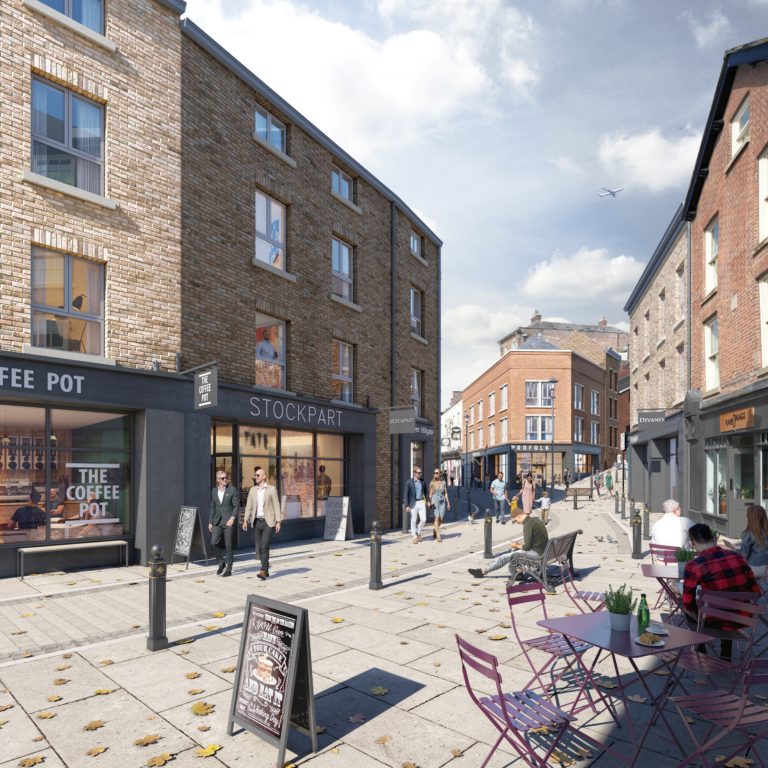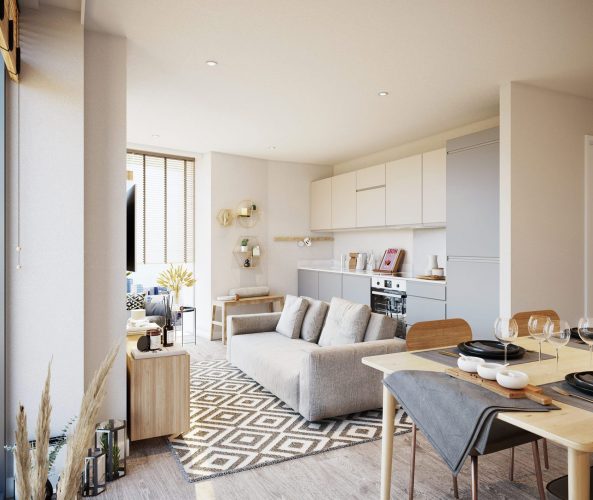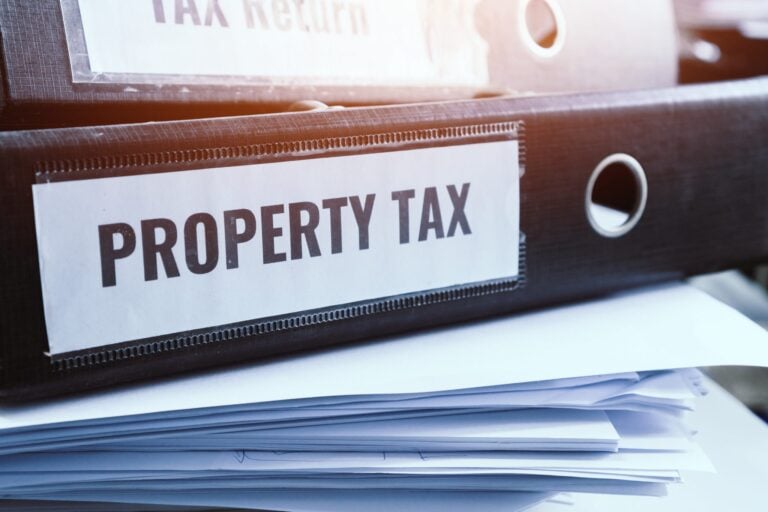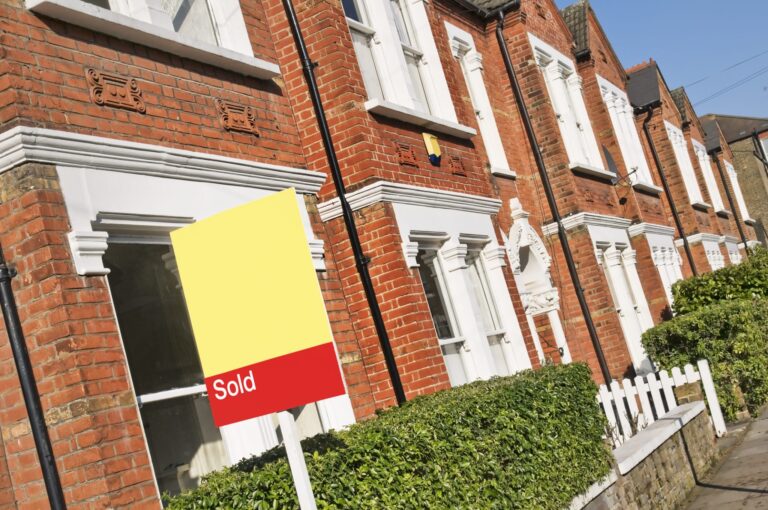The government has promised to invest an additional £2bn in its Affordable Homes Programme in a bid to tackle the UK housing shortage, but what constitutes affordable housing isn’t always clear.
House prices in the UK have been accelerating faster than wage growth, with the average home at the end of 2017 costing £211,000, a 2.9% annual increase according to Nationwide, compared to an average wage of £511 a week – a 2.2% rise from the previous year, according to the Office for National Statistics (ONS).
The ONS also estimates that people must now pay around 7.6 times their annual salary, on average, in order to be able to buy a home, while 20 years ago, the average property cost around 3.6 times earnings.
As the number of houses being built is still short of the level of demand, pushing prices up further, the government has made housing in the UK a major issue on its agenda, with Philip Hammond’s Autumn Budget setting out a target of building 300,000 new homes every year for five years. Developers are also required to create a certain number of affordable homes, as well as contribute towards local infrastructure and councils, but it seems there is still a lack of affordable housing supply available.
What is affordable housing?
On the government’s website, the way affordable rent is defined is “rent controls that require a rent of no more than 80% of the local market rent (including service charges, where applicable)”. In terms of home ownership, it isn’t as specific – the government states that it must be provided at a level where the mortgage payments on the property should be more than the cost of rent on council housing, but below market levels, which leaves a very broad range.
In the National Planning Policy framework, it also states: “Eligibility is determined with regard to local incomes and local house prices. Affordable housing should include provisions to remain at an affordable price for future eligible households or for the subsidy to be recycled for alternative affordable housing provision.”
Housing charity Shelter wants a more direct definition to remove uncertainty over the thresholds and provide a more realistic picture of what people can afford. It believes that affordability roughly equates to spending 35% of your net household income on accommodation. As average private renters typically spend 47% of their net income on rent, according to the charity, it seems there is a general lack of affordability in the market.
Different ends of the scale
However, Shelter acknowledges that stumping up 35% of your income will be considerably more difficult for workers on minimum wage compared to those on high salaries, so it still does not provide the whole picture.
Affordable housing can also be defined by looking at what type of property it is, with a number of government schemes that are not in the private housing market falling under this bracket – social rented housing (low-rent housing prioritised by need), affordable rent housing (higher rent, less secure housing prioritised by need), shared ownership (where you buy one part and rent the other part of the property), and intermediate rent homes (charged at 80% of the market rate).
According to Shelter, the most vital thing needed to solve the housing crisis and affordable homes deficit is to build a full mix of different types of homes so that people at all ends of the income scale can afford somewhere to live.


